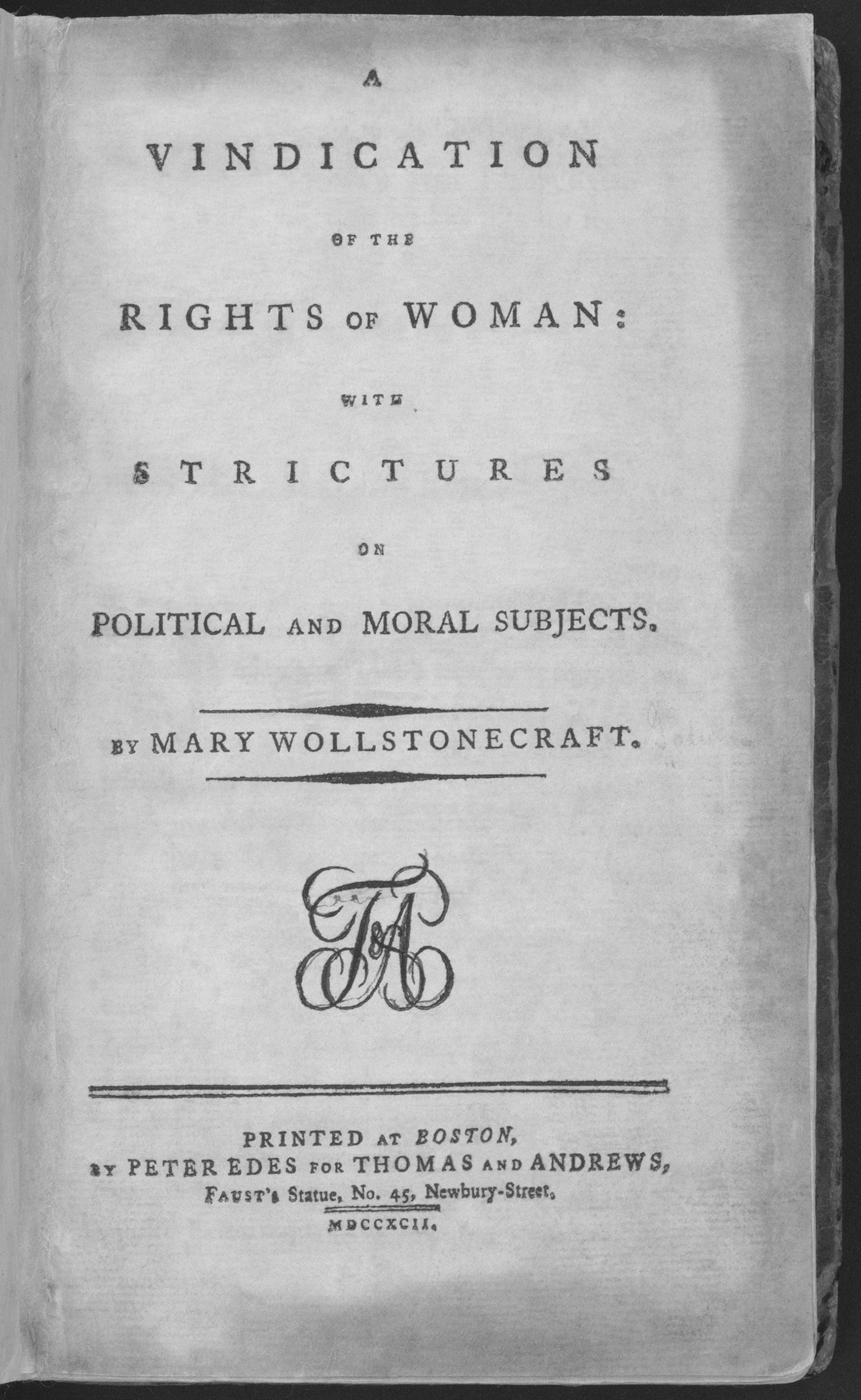Readings
 Source: Pratt, M.L., 2008. Imperial eyes: travel writing and transculturation, 2nd ed. ed. Routledge, London.
Source: Pratt, M.L., 2008. Imperial eyes: travel writing and transculturation, 2nd ed. ed. Routledge, London.WoWA Reading 1
During the first session of our reading group we discussed Mary Louise Pratt’s book Imperial Eyes. Some relevant quotes highlighted by the members of the reading group:
"If the men’s job was to collect and possess everything else, these women travelers sought first and foremost to collect and possess themselves. Their territorial claim was to private space, a personal, room-sized empire.” (Pratt, 2007:156)
"...the scientific enterprise involved all manner of linguistic apparatuses. Many forms of writing, publishing, speaking, and reading brought the knowledge into being in the public sphere (...) Journalism and narrative travel accounts, however, were essential mediators between the scientific network and a larger European public. They were central agents in legitimating scientific authority and its global project alongside Europe’s other ways of knowing the world, and being in it." (Pratt, 2007:29)
"No more vivid example could be found of the way that knowledge exist not as static accumulations of facts, bits or bytes, but as human activities, tangles of verbal and non-verbal practices." (Pratt, 2007:29)
"[...] “contact zones”, that is, social spaces where disparate cultures meet, clash, and grapple with each other, often in highly asymmetrical relations of domination and subordination – such as colonialism and slavery, or their aftermaths as they are lived out across the globe today." (Pratt, 2007:7)
Author: Mary Louise Pratt
Professor Emerita NYUBiography from the Hemispheric Institute:
"Mary Louis Pratt is Silver Professor in the Department of Social and Cultural Analysis and the Department of Spanish and Portuguese at New York University, where she teaches Latin American literature and cultural theory. She holds degrees in comparative literature and linguistics from the University of Toronto, the University of Illinois, and Stanford University. She has published extensively on the subjects of Latin American women's writing; travel literature and imperialism; language and militarization; and modernity and neoliberalism. She has been affiliated with the Hemispheric Institute since 2002."

Source: Wollstonecraft, Mary. A Vindication of the Rights of Woman. Ryerson University, 2022. https://pressbooks.library.ryerson.ca/avindicationoftherightsofwoman/.
WoWa Reading 2
During the second session of our reading group we discussed Mary Wollstonecraft’s book A Vindication of the Rights of Woman. Some relevant quotes highlighted by the members of the reading group:
“It is, however, carried still further, and woman, weak woman! made by her education the slave of sensibility, is required, on the most trying occasions, to resist that sensibility. "Can any thing," says Knox, be more absurd than keeping women in a state of ignorance, and yet so vehemently to insist on their resisting temptation?” p.265
"So ductile is the understanding, and yet so stubborn, that the associations which depend on adventitious circumstances, during the period that the body takes to arrive at maturity, can seldom be disentangled by reason. One idea calls up another, its old associate, and memory, faithful to the first impressions, particularly when the intellectual powers are not employed to cool our sensations, retraces them with mechanical exactness." p.149-150
"...taste is the offspring of judgement"p152
"It is of great importance to observe, that the character of every man is, in some degree, formed by his profession." p.28
“I must be allowed to explain myself. The generality of people cannot see or feel poetically, they want fancy, and therefore fly from solitude in search of sensible objects; but when an author lends them his eyes, they can see as he saw, and be amused by images they could not select, though lying before them.” p. 149
Author: Mary Wollstonecraft (1759–1797)
According to the Stanford Encyclopaedia of Philosophy: "Mary Wollstonecraft (1759–1797) was a moral and political philosopher whose analysis of the condition of women in modern society retains much of its original radicalism. One of the reasons her pronouncements on the subject remain challenging is that her reflections on the status of the female sex were part of an attempt to come to a comprehensive understanding of human relations within a civilization increasingly governed by acquisitiveness and consumption. Her first publication was on the education of daughters; she went on to write about politics, history and various aspects of philosophy in a number of different genres that included critical reviews, translations, pamphlets, and novels. Best known for her Vindication of the Rights of Woman(1792), her influence went beyond the substantial contribution to feminism for which she is mostly remembered and extended to shaping the art of travel writing as a literary genre; through her account of her journey through Scandinavia as well as her writings on women and thoughts on the imagination, she had an impact on the Romantic movement."
For a more detailed biography see:
Tomaselli, Sylvana. ‘Mary Wollstonecraft’. In The Stanford Encyclopedia of Philosophy, edited by Edward N. Zalta, Winter 2020. Metaphysics Research Lab, Stanford University, 2020. https://plato.stanford.edu/archives/win2020/entries/wollstonecraft/.
